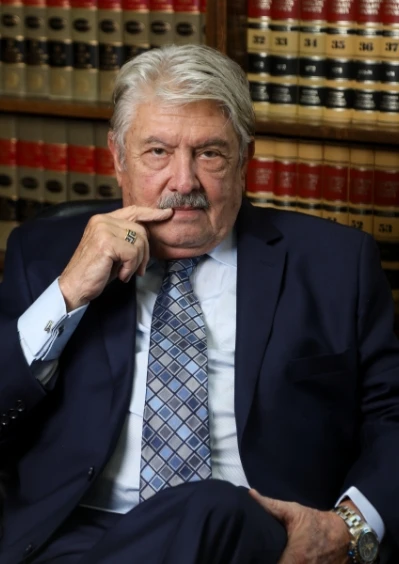My Ex is Accusing Me of Substance Abuse: How Does This Affect Child Custody?

Many politicians and intellectuals berate people for not having the discipline to avoid addictive substances. But it is easier said than done. Whether it is a few drinks after work or some prescription drugs to keep your brain chemistry balanced, many people feel like they need certain substances to get through each day. And who can blame them? Economic pressures, social unrest, and continuous political division make it harder than ever to resist such temptations. But could your alleged “substance abuse” affect child custody in California?
The Child’s Best Interests
The first thing you need to realize is that California family courts consider the child’s best interests when making decisions about child custody. Your ex might bring certain matters to the court’s attention, but courts must consider how alleged substance abuse affects the child – not the parent. Your ex’s concerns, needs, and desires simply don’t factor into the equation.
When determining a child’s best interests, courts in California assess a number of relevant factors. These factors all have to do with the child’s well-being. One of these factors is any history of a parent’s substance abuse:
“The habitual or continual illegal use of controlled substances, the habitual or continual abuse of alcohol, or the habitual or continual abuse of prescribed controlled substances by either parent.”
Independent Corroboration
California Family Code section 3041.5 provides that “In any custody or visitation proceeding … the court may order any person who is seeking custody of, or visitation … to undergo testing for the illegal use of controlled substances and the use of alcohol if there is a judicial determination based upon a preponderance of evidence that there is the habitual, frequent, or continual illegal use of controlled substances or the habitual or continual abuse of alcohol by the parent, legal custodian, person seeking guardianship, or person seeking visitation in a guardianship. This evidence may include, but may not be limited to, a conviction within the last five years for the illegal use or possession of a controlled substance.”
Your spouse’s accusations are not enough to have an effect on your custody arrangement. If they accuse you of having substance abuse issues, they must back this up with evidence. The court calls this “independent corroboration” Examples of independent corroboration include:
- Police reports
- Court documents
- Probation reports
- Medical records
- Rehab center records
- Records from any non-profit providing substance abuse services
Substance Abuse Does Not Always Affect Custody
There are different types of addiction. Many spouses might have a bit of a problem with alcohol, but it might not affect their parenting abilities to any notable extent. If a parent has a clean record (free from DUIs, public intoxication, and other such offenses), it likely will not interfere with your ability to act as a reliable parent. In addition, getting treatment can be seen as a sign of responsibility – even if this creates records that could be used against you in court.
Where Can I Find an Experienced Family Law Attorney in California?
We know how high the stakes can be when it comes to child custody battles in California. If you find yourself in the midst of one of these battles, it makes sense to get in touch with the family law lawyers at Knez Law Group at your earliest convenience. During your consultation, we can discuss any allegations that your ex might have made – including domestic violence, substance abuse, neglect, and any other attacks on your parenting abilities. With the right legal assistance, you can push back and strive for the best possible results. Reach out today to get started.

For over forty-three years, Fred Knez has been representing individuals and corporations in serious personal injury and business litigation, both as a plaintiff and defendant. Following his service in the Army during the Vietnam War as a medic and medical laboratory technician, Fred attended the University of Colorado. He then worked as an insurance adjuster for Allstate Insurance and as a private investigator before graduating from law school. Fred was admitted to practice law in California in 1980, the U.S. District Court in 1981, the Ninth Circuit U.S. Court of Appeals in 1983, and the U.S. Supreme Court in 1984. Learn more here.
